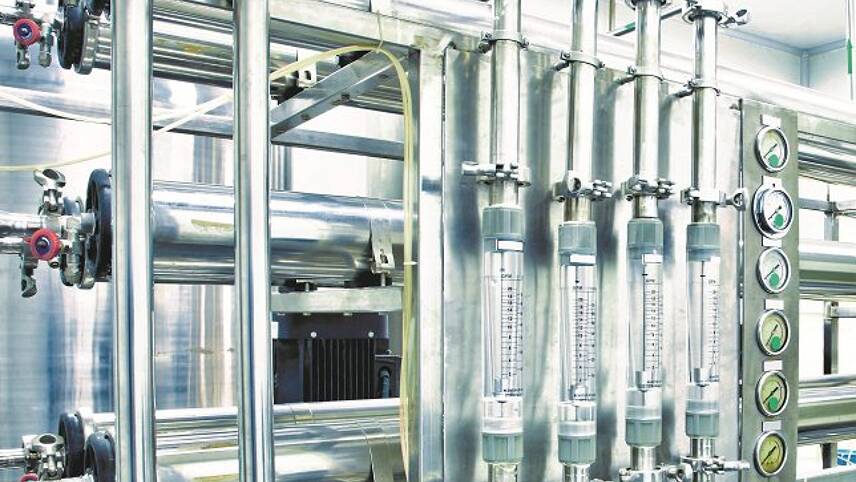Register for free and continue reading
Join our growing army of changemakers and get unlimited access to our premium content

While all non-domestic customers can benefit from deregulation, the greatest benefits are likely to be achieved by multiple site, high water usage organisations, such as those operating in the areas of health, entertainment and leisure, manufacturing, education, retail and commercial property.
These types of organisations typically have multiple bills from a range of water companies, each operating in different regions. Deregulation will allow you to centralize your bills, saving time and cost on administration. By purchasing through a deregulated supplier it is likely that you will also have access to improved services which will be a result of your supplier’s strong negotiating position.
We also expect to see improved services in terms of consolidated multi-site/multi-meter monitoring, a reduced reliance on estimated charging, and additional services put in place such as high usage alerts and support with water saving initiatives.
It is important to know that your water bill comprises two elements: retail and wholesale. Deregulation only applies to the retail element which makes up 12% of the total water bill. For high usage/multi-site water users, a reduction in that fraction of the total bill will prove significant.
It is also likely to foster a new era of water efficiency, in the same way that energy deregulation has helped users recognise and implement energy reduction programmes.
To benefit from switching you need reliable water management data with which to approach new water suppliers. But to fully maximise this change, you should also be interrogating water management systems to make processes more efficient and reduce waste.
Progressive businesses are already starting to investigate new options, in the same way that they’ve done previously with energy. Our remit is to make it easier for you to do this while ensuring you maximise return on investment.
If you’re considering switching, and if you match the category outlined above we suggest you do, you have 12 months to interrogate your water systems to ensure that new quotes are an accurate representation of current activity.
Streamlining and improving water-based engineering systems and processes represents a huge cost saving opportunity for many UK businesses. Make sure you’re prepared.
For more advice on water savings and water deregulation visit Minimise Water at edie Live on stand L24 or attend the ‘Strategies for effective water management’ seminar being held in at 11.30 on 18th May in the Resource Efficiency Theatre at edie Live.
Rob Denny is the commercial director at Minimise Water



Please login or Register to leave a comment.